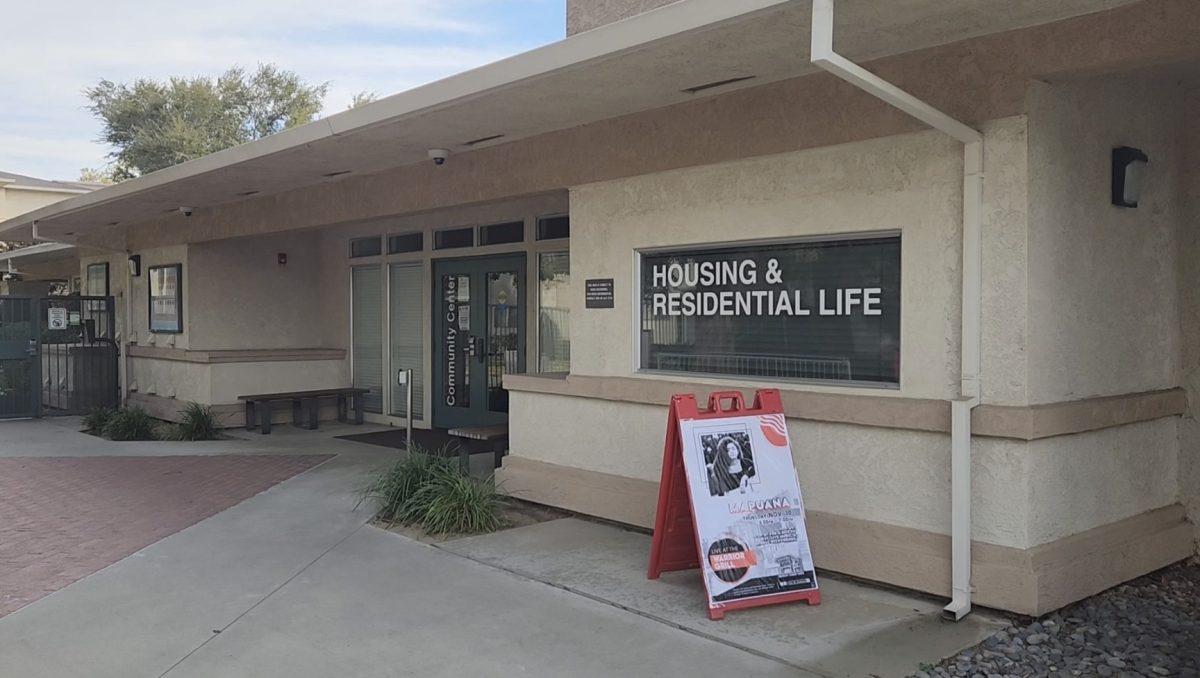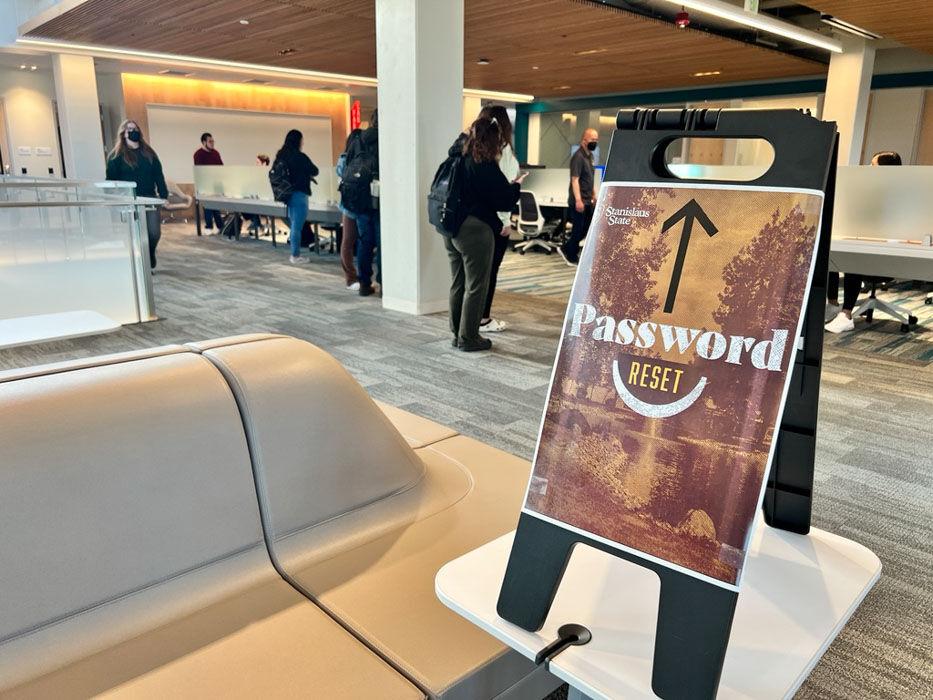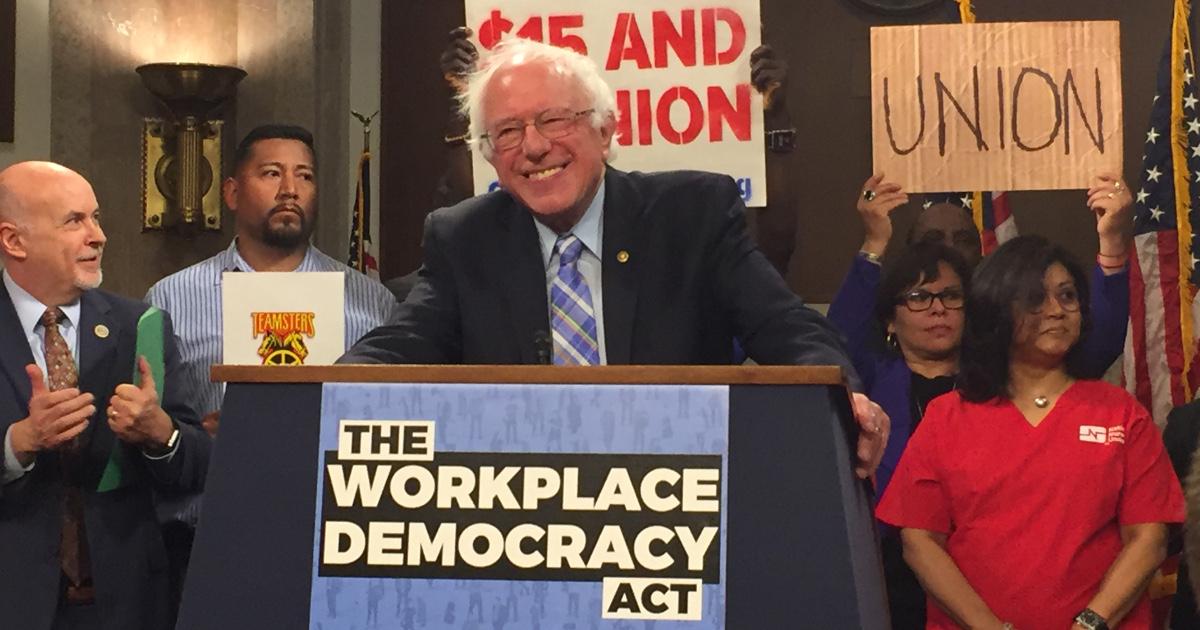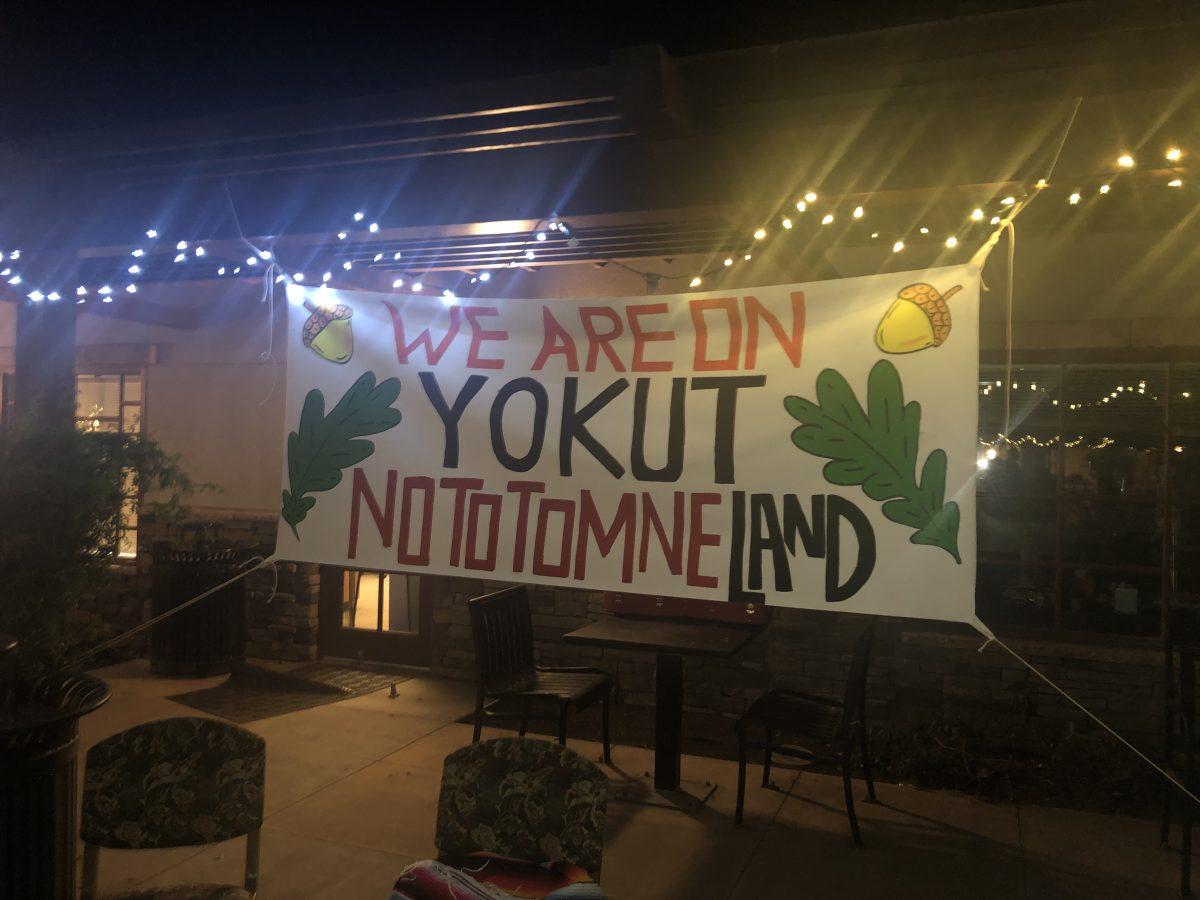Donald Trump is the first president to win a second nonconsecutive term since Grover Cleveland in 1893, his victory coming as a surprise to those tuned into both campaigns as they saw Trump’s once rowdy and energetic rallies become barren in the election’s final months.
What we’ve learned from this election is that, despite the spectacle of Trump dwindling, his policies have become core tenets of the Republican party and his rhetoric has successfully shaped the culture to distrust governance and the democratic process, fueled by widespread hopelessness over the rising price of rent and goods.
Reuters reports that, of the one in four voters who said that inflation had caused them severe hardship over the past four years, 73% of those voted for the former president.
This is despite numerous Nobel Prize-winning economists endorsing Harris’ economic policy over Trump’s. This points to a deeply reactionary voting public, one that in times of crisis gambles that the other party will hold the solution, that doesn’t trust expert opinions—just as was the case during the COVID-19 pandemic, and that is, in general, tuned out on the specifics of policy, clinging onto controversial issues and promises of radical action.
The major issue pushed by the Harris campaign was abortion, with reproductive rights continuing to be threatened after the overturning of Roe v. Wade and the implementation of anti-abortion agenda in many states. While many voters support abortion rights, with a number of major referendum wins for reproductive freedom across the nation yesterday, including in the Republican stronghold of Missouri, it’s clear this did not serve as a strong motivation when selecting their leader.
AP News’ Votecast provides a plethora of data on voters’ thoughts and feelings about the most important issues facing this nation. Of these issues, immigration has seen a spike in significance, jumping from being a marginal issue in the 2020 election to 2 in 10 voters’ top issue in 2024.
The false promises from Trump and his campaign that the mass deportation of migrants will solve the country’s woes is fueling this xenophobic surge. And the Harris campaign, truthfully, lacked a punchy, immediate and actionable promise to combat Republicans’ inflammatory rhetoric.
The Harris campaign slogan of “We Are Not Going Back” served only to set herself as the opposition candidate to Trump, a vote for “normalcy,” rather than representing a set of values or providing hope for a new era of great change. Meanwhile, Trump continues to promise Americans a new ‘golden age.’
And yet, I find it difficult to believe a golden age can be ushered in by the former president, especially in an era of deep distrust in our government. AP Votecast reports that nearly 1 in 4 voters were not confident in this election’s ballot counts, with a minority of voters—4 in 10—feeling “very confident” that this would be a fair and free election.
Yet, if there is any hope, it is this year’s referendum wins for abortion rights. Across the nation, people are organizing and petitioning put progressive policy on abortion, gay marriage, healthcare and the minimum wage on the ballot in their respective states. There are organizers out there who are going to fight and fend off Trump’s agenda, and resist him every step of the way.
In grim times like this, it’s these efforts that matter, and it’s these efforts we need to support in whatever capacity we can—to protect our Dreamers on campus who are building a new life for themselves and their families, to protect gay and transgender people who want to live their lives authentically, to protect women from restrictions on their bodies and their autonomy and to protect education so that it may foster a future where fear, hate, ignorance and greed no longer have a stranglehold on our nation and its government.

















